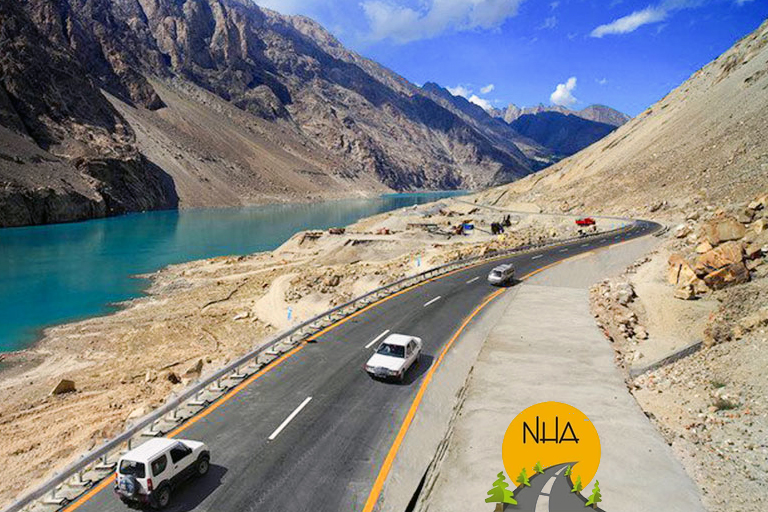Pakistan’s National Highway Authority (NHA) is at a critical juncture, as it faces a significant challenge in toll tax collection. NHA Chairman Arshad Majeed Mohmand revealed that the authority currently collects only 13% of the potential toll revenue from its highways. This shortfall highlights inefficiencies in the current system and poses a serious concern for the government, which relies heavily on toll taxes for infrastructure development and maintenance.
Addressing the Shortfall: A Call for Reform
Recognizing the gravity of the situation, the NHA is actively exploring various strategies to enhance toll collection. The first step in this process involves refining existing procedures to improve the efficiency of toll collection operations. Upgrading technology, streamlining procedures, and investing in staff training are some of the measures under consideration. These changes aim to modernize the toll collection process and ensure that revenue collection is effective and transparent.
Outsourcing Toll Collection: A Double-Edged Sword
One of the significant proposals under review is outsourcing toll collection to private-sector operators. Proponents argue that this move could potentially increase revenue by leveraging the private sector’s expertise and management practices. However, this approach is not without its challenges. Concerns about transparency and accountability have been raised, as private operators might prioritize profit over public service. To address these concerns, the NHA must establish clear performance metrics and robust oversight mechanisms to safeguard the public interest.
Government’s Vision: Enhancing Efficiency and Self-Reliance
Federal Minister for Communications, Privatisation, and Board of Investment Abdul Aleem Khan has underscored the need for the NHA to boost efficiency and increase revenue. He has directed the authority to set annual revenue targets and to adopt a self-reliance policy, emphasizing the importance of modernizing the NHA’s operations. This modernization effort includes developing a business model that aligns with contemporary requirements and positions the NHA for future success.
A Broader Perspective: Global Competitiveness and Economic Growth
Looking beyond immediate revenue concerns, the NHA aims to enhance its global capacity and generate foreign exchange by offering its expertise in highway construction and management to other countries. This ambitious vision aligns with the government’s broader goal of positioning Pakistan as a hub of excellence in infrastructure development.
Future-Focused Infrastructure Development
In line with this vision, the government invests heavily in constructing high-quality highways and motorways. Notable projects include the Karachi-Sukkur and Sialkot-Kharian motorways, which are expected to boost economic growth and development in their regions significantly. These projects underscore the government’s commitment to building a modern and efficient transportation network that supports the country’s economic ambitions.
Conclusion: A Path Forward
The NHA’s efforts to address the shortfall in toll tax collection reflect a broader commitment to improving Pakistan’s infrastructure and economic prospects. The NHA is poised to play a pivotal role in driving the nation’s growth and development by embracing immediate reforms and long-term strategic initiatives. Mazboot Pakistan hopes these efforts will pave the way for a more prosperous and self-reliant future.

